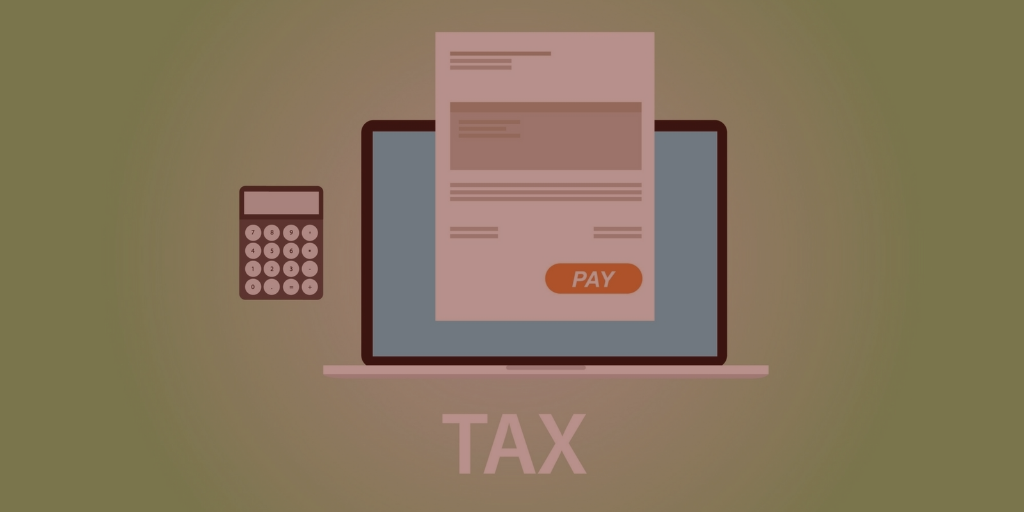This article has been written by professionals at TruTax and published in public interest. For personalised guidance please contact our experts for one-to-one advice.
___________________________________________________________

For an individual taxpayer, it is not easy to properly manage taxes. Most of them aren’t aware of the benefits of investments and tax exemptions they can gain by making strategic investments. In India, there are a number of different ways in which an individual can save taxes. In this article, we will discuss various options available to save taxes for an individual.
Using Rs. 1.5 Lakh Limit under Section 80C
Investment options under Section 80C are most popular and recommended by several experts for tax saving. Section 80C includes a number of investments and expenses which can be used to claim deductions on taxes. The limit for that is Rs. 1.5 Lakhs in a financial year.
How to Save Taxes Under Section 80C & 80D
An individual can make investments up to Rs. 1.5 Lakhs under Section 80C to reduce their taxable income. An individual has a large number of investment options to choose from. All the below mentioned investment schemes are subjected to a cap of Rs. 1.5 Lakh.
Tax Saving Fixed Deposits (FD)
You can get a deduction on tax for investments up to Rs. 1.5 Lakhs under 5 years tax-saver FDs. Usually, FDs carry a fixed interest rate which is currently between 7-8%. The interest on FDs is taxable.
Public Provident Fund (PPF)
Public Provident Fund is a saving scheme which was established by the Government of India. The tenure for this scheme is 15 years with a current interest rate of 8% which changes every quarter. This investment scheme is available at most banks and post offices across the country.
The interest of PPF is not taxable.
National Saving Certificate (NSC)
National Savings Certificate has a tenure of 5 years with a fixed interest rate which is currently 8%. The interest on NSC is automatically caped under the Rs. 1.5 Lakh limit under Section 80C.
NPS (National Pension System)
This deduction is also available under Section 80CCD up to Rs. 1.5 Lakh for contribution to NPS.
ELSS Funds
In these mutual funds, a minimum of 80% of the assets is invested in equity. The returns on ELSS funds are subject to Long Term Capital Gains Tax (LTCG) at 10%, over and above an exemption limit of Rs 1 lakh.
5-Year Bank Fixed Deposit 6% to 7% 5 years
Public Provident Fund (PPF) 7% to 8% 15 years
National Savings Certificate 7% to 8% 5 years
National Pension System (NPS) 8% to 10% Till Retirement
ELSS Funds 15% to 18% 3 years
Some other investment options under Section 80C are:
1. Life Insurance Premium
2. Home Loan Repayments
3. Payment of Tuition Fees
4. Employees Provident Fund
5. Senior Citizen Savings Scheme
6. Sukanya Samridhi Yojana
Payments of Health Insurance Premiums
Under Section 80D, an individual can claim a deduction up to Rs. 25,000 for the medical insurance premium. This is over the deductions which are mentioned above as well as the limit is different for senior citizens and individual contributing medical insurance for themselves and their senior citizen parents. The limit for deduction will
increase to Rs. 50,000 and Rs 75,000 respectively.
Other options and ways which can be used to avail tax benefits are
1. Deduction on your Rent
2. Deduction on interest on your home loan
3. Keep a certain amount of money in your Savings account (Amount of Rs. 10,000
is tax-free for any individual while the limit is Rs. 50,000 for Senior Citizens)
4. And you can always contribute to Charity
Now as we always say that knowing about the options is not the same as understanding them. It is not an easy task to properly formulate a strategy for tax saving over the span of a year. For receiving the best investment advice created personally for you after analyzing your accounts and income, you can always contact our experts at Trutax.
Even after knowing all the options, people are often confused about the best investment options. The issue is that different investment options are suitable for different people and just stating that a certain option is the best will not be a correct call. People often make a bad investment decision as they fall into peer pressure or get advice from unprofessional sources before making an investment decision and bear the consequences later. For long-term investments, it is very important to get expert advice because what might be good for someone else may not suit your situation.
TruTax has a team of dedicated CAs, CS, CPA, Former Income Tax Officials, MBAs, Commerce professionals to formulate the optimal strategy for you, and specifically for you. We deliver responsible advice which is sustainable and secure in the long term.
https://www.trutax.in
